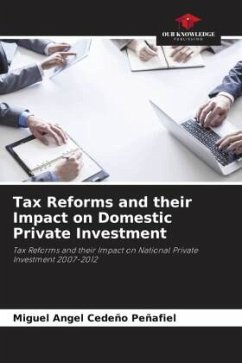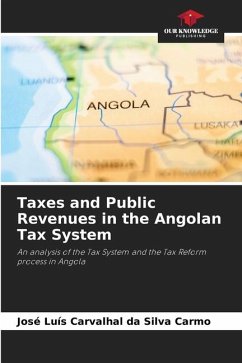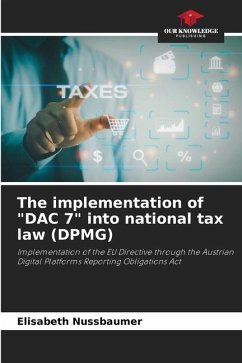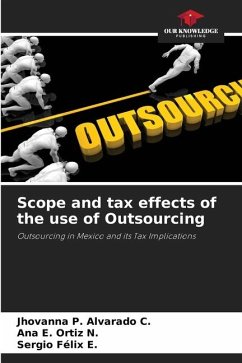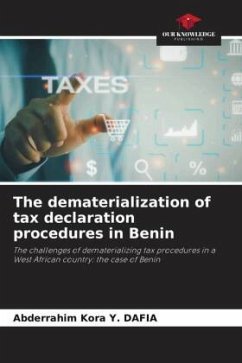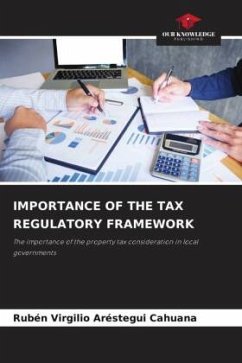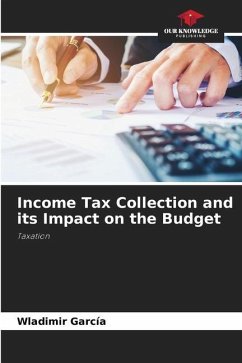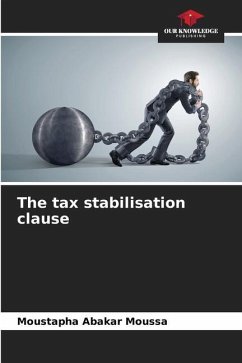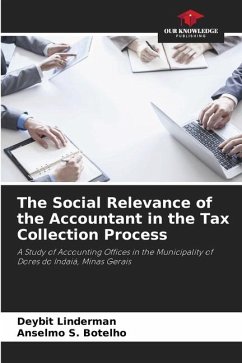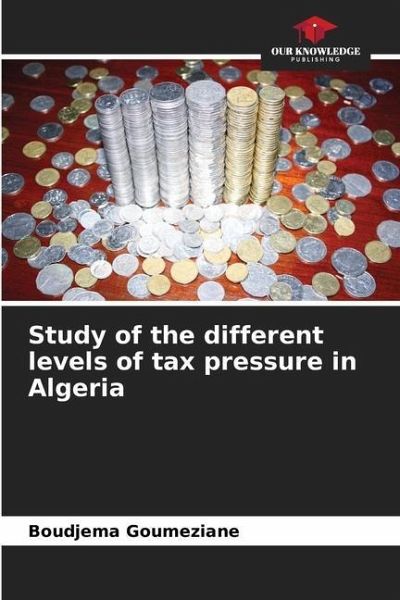
Study of the different levels of tax pressure in Algeria
Versandkostenfrei!
Versandfertig in 6-10 Tagen
27,99 €
inkl. MwSt.

PAYBACK Punkte
14 °P sammeln!
Hydrocarbons continue to weigh heavily on the Algerian economy, accounting for 45% of GDP and 60% of tax revenues. The aim of this study is to highlight the different levels of tax pressure in Algeria and the contributive capacity of the Algerian economy, by presenting the evolution of the different components of compulsory deductions. This work is based on an analysis of statistical data to better illustrate the evolution of the different levels of tax pressure, i.e., the rate of ordinary tax pressure, tax pressure extended to oil tax revenues and the overall rate of compulsory levies. This a...
Hydrocarbons continue to weigh heavily on the Algerian economy, accounting for 45% of GDP and 60% of tax revenues. The aim of this study is to highlight the different levels of tax pressure in Algeria and the contributive capacity of the Algerian economy, by presenting the evolution of the different components of compulsory deductions. This work is based on an analysis of statistical data to better illustrate the evolution of the different levels of tax pressure, i.e., the rate of ordinary tax pressure, tax pressure extended to oil tax revenues and the overall rate of compulsory levies. This approach is recommended to avoid the impact of the duality of the structure of the economy on tax revenues. By comparing the case of Algeria with that of other countries, we have attempted to determine the limits that must not be exceeded in order to achieve appropriate and adequate rates for greater economic efficiency, and the possibility of increasing ordinary resources to compensate for the fall in oil taxation.



